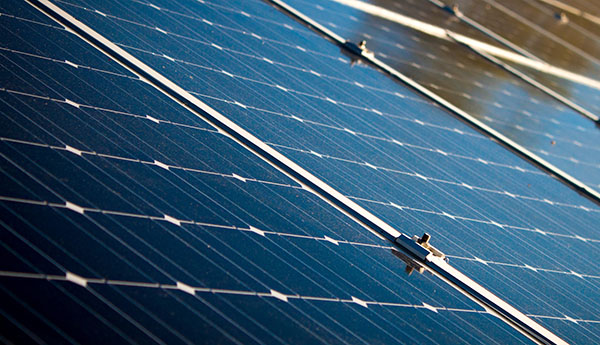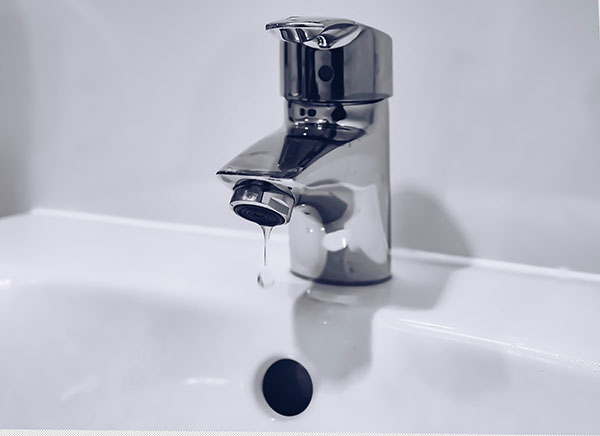If you are in the market for a new hot water system, you may be wondering if a solar system is the best choice for you, or if you should stick with the more conventional electric systems. While there are numerous benefits to switching to solar, it may not be the right choice for everyone. Here are a few pros and cons for each option so you can more easily make an informed decision on which hot water system is right for you.
Pros and Cons of a Solar Hot Water System

Pros
The most notable pro of having a solar hot water setup for most is that they are much cheaper to operate over time. On average, you may be able to save up to $800 per year just by switching your hot water to solar. If you have a full solar panel setup, then you may even generate extra power which you can then feed into the grid to earn a little money as well. Solar energy, whether for a hot water heater or powering your lights and television, is much better for the environment. Solar power is clean energy, fully renewable, and using solar energy vs nuclear or coal reduces carbon emissions into the atmosphere.

Cons
While the pros are formidable, there are some downsides to having a solar water system. For starters, they are much more expensive to have installed than an electric system – up to $7000 up front. For many homeowners, this up-front cost is out of reach. Additionally, solar panels add weight to your roof, which may need to be reinforced. If you live in an area with a lot of trees or residential development which blocks the sun, then you may also find that you aren’t generating enough solar energy to offset the initial cost.
Pros and Cons of an Electric Hot Water System

Pros
The primary benefit of having an electric water heater is that these systems are far less expensive in the beginning. They cost considerably less than solar, and even gas, hot water systems. They are also safe to use and are much easier to install than comparable solar systems. You can also find newer electric water heaters that are more efficient to operate than older models, though still far behind the efficiency of a solar hot water setup.

Cons
There are several downsides to using an electric hot water heater as well. For starters, they are much more expensive over time to operate than solar options. They are also sensitive to power outages, so if your grid power goes down for whatever reason, your water heater will also be down. Additionally, they take much longer to heat water than solar water heaters, so if one person wants to shower immediately after another person, they may be forced to do so in cold water.
The decision over which water heater to choose is one that has to be weighed with each of these factors in mind.
Looking to install or repair a hot water system in your home?
Why not check out these blogs:
Find the best Hot water systems in Australia
- Hot water systems in Albury
- Hot water systems in Alice Springs
- Hot water systems in Ballina
- Hot water systems in Batemans Bay
- Hot water systems in Bathurst
- Hot water systems in Bega
- Hot water systems in Bundaberg
- Hot water systems in Caboolture
- Hot water systems in Cairns
- Hot water systems in Central Coast
- Hot water systems in Coffs Harbour
- Hot water systems in Darwin
- Hot water systems in Dubbo
- Hot water systems in Gladstone
- Hot water systems in Gold Coast
- Hot water systems in Gosford
- Hot water systems in Grafton
- Hot water systems in Gympie
- Hot water systems in Hervey Bay
- Hot water systems in Kunda Park
- Hot water systems in Lismore
- Hot water systems in Mackay
- Hot water systems in Maryborough
- Hot water systems in Mount Isa
- Hot water systems in Nambour
- Hot water systems in Newcastle
- Hot water systems in North Lakes
- Hot water systems in Nowra
- Hot water systems in Orange
- Hot water systems in Parkes
- Hot water systems in Port Macquarie
- Hot water systems in Rockhampton
- Hot water systems in Shellharbour
- Hot water systems in Sunshine Coast
- Hot water systems in Tamworth
- Hot water systems in Taree
- Hot water systems in Toowoomba
- Hot water systems in Townsville
- Hot water systems in Tweed Coast
- Hot water systems in Tweed Heads
- Hot water systems in Wagga Wagga
- Hot water systems in Whitsundays
- Hot water systems in Wodonga
- Hot water systems in Wollongong





